A nexus of art and science . . . and a slice of pie
Sue Anne Zollinger, who completed her Ph.D. in biology from Indiana University in 2007, is excited about an investigation she and colleagues have recently begun in collaboration with an avian sleep expert. They will measure if and to what degree noise pollution interferes with sleep quality in urban birds.
“It is a two-part thing,” Zollinger explains, “where we have cameras in nest boxes of urban Great Tits (songbirds common in cities here, related to chickadees) with recorders that track noise and temperature and light pollution along with nocturnal behaviour of the birds (whether they ‘wake up’ more often in noisy places).
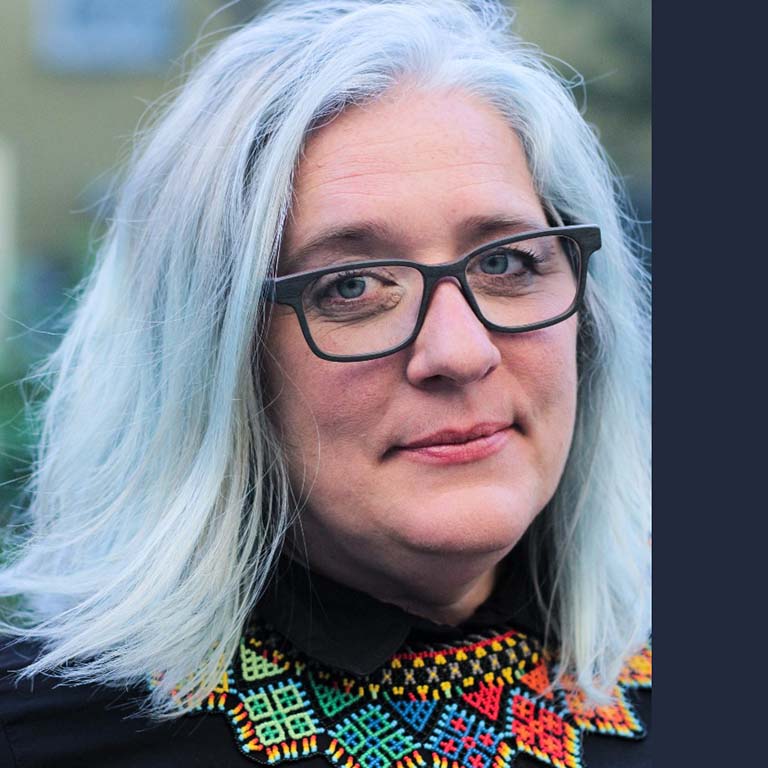
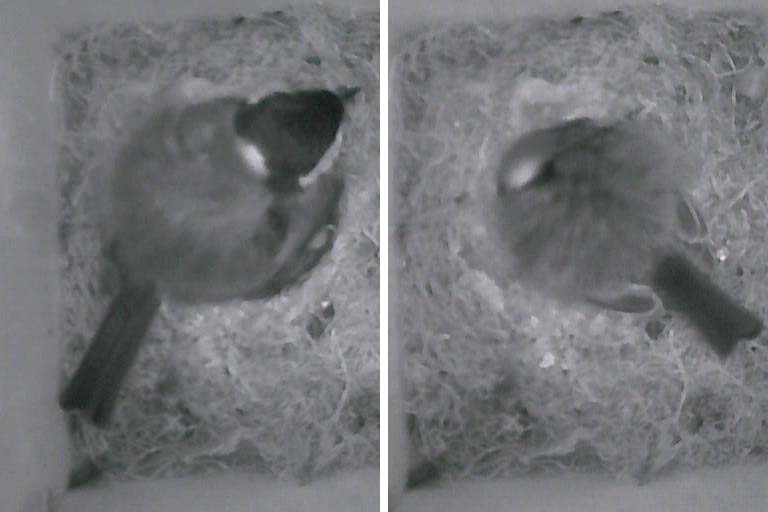
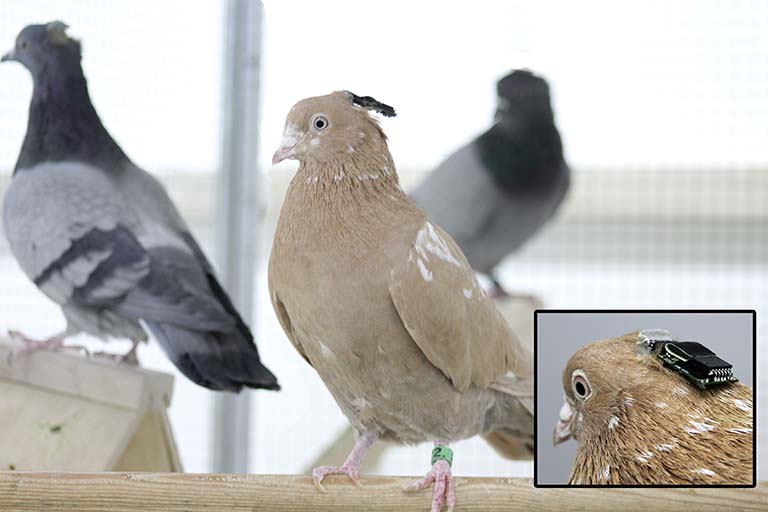
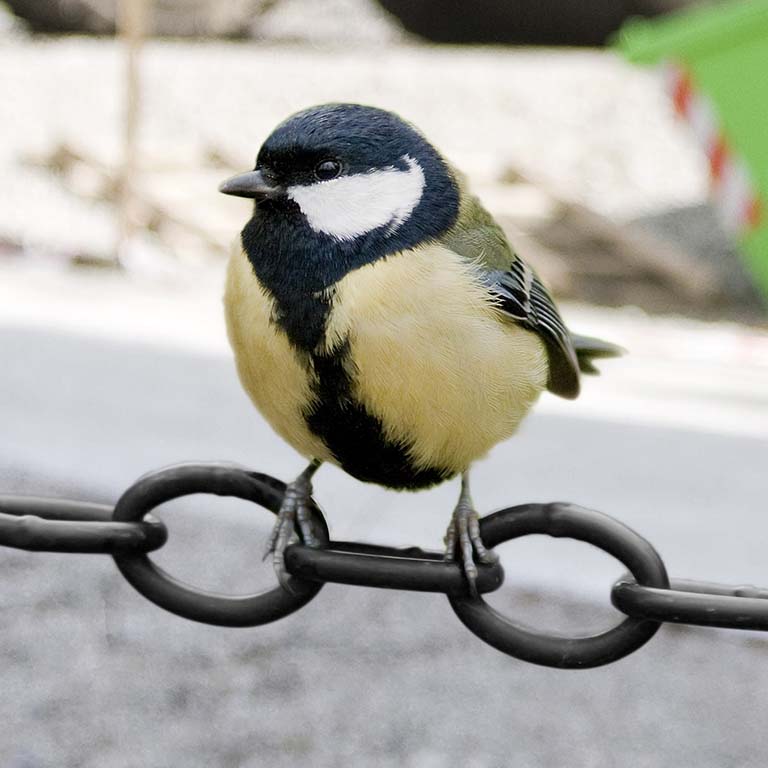
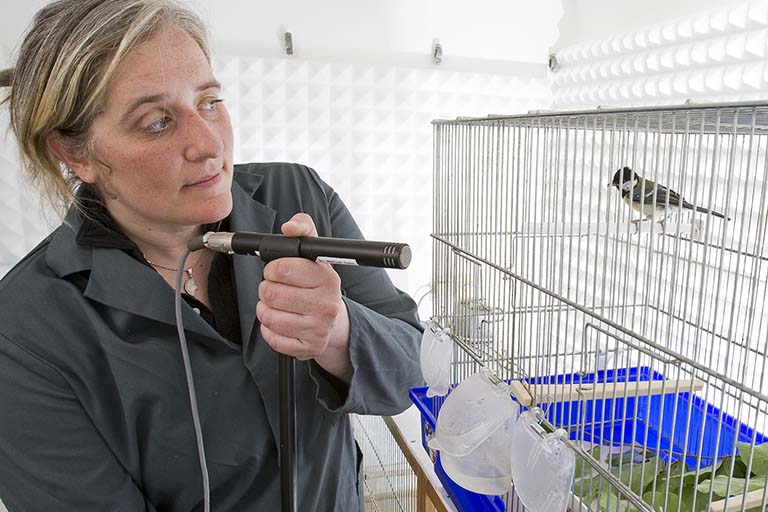
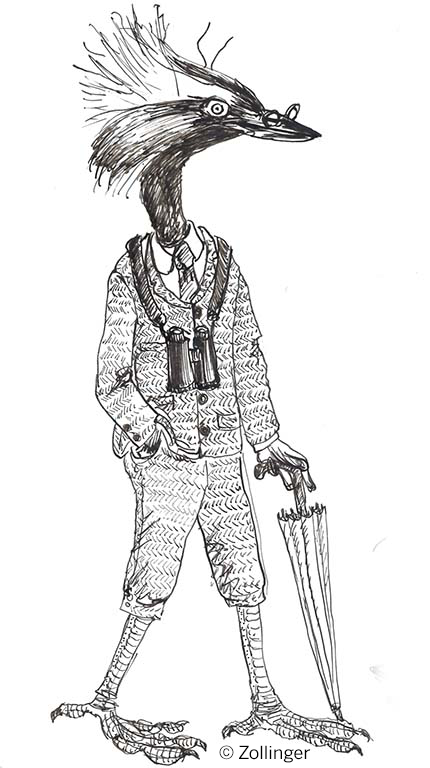
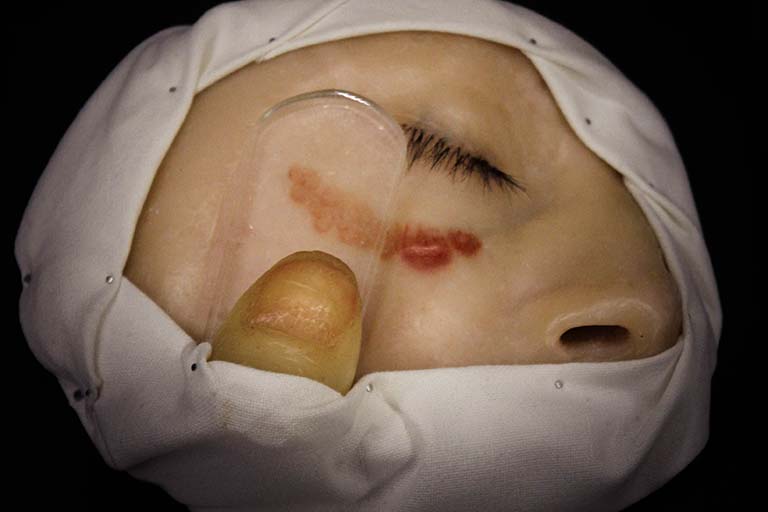
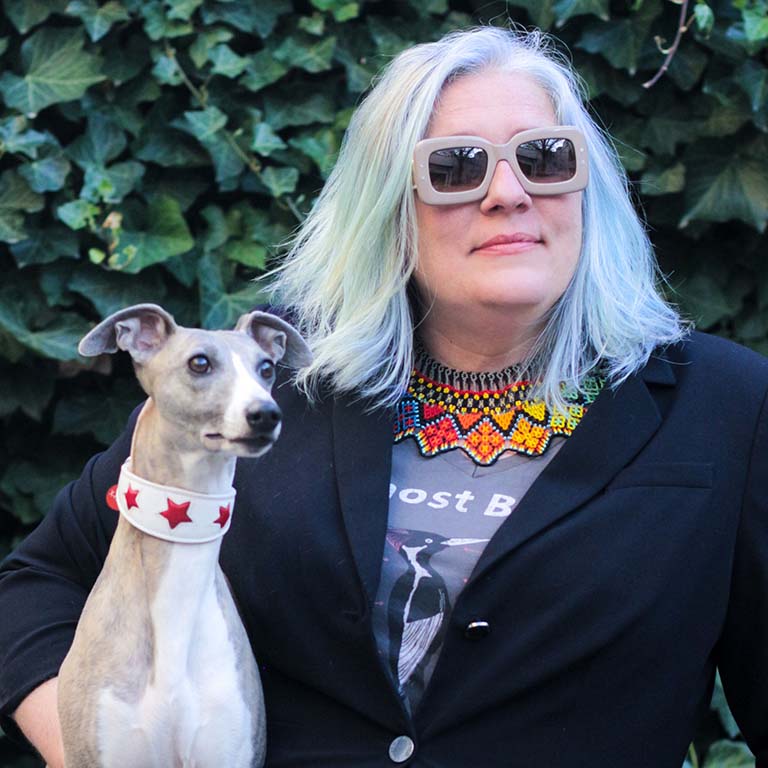
 The College of Arts
The College of Arts